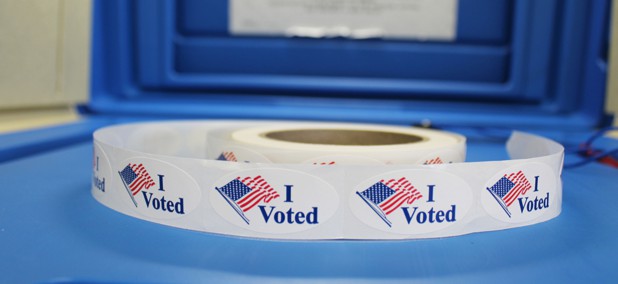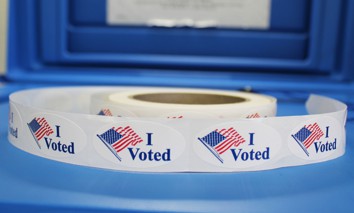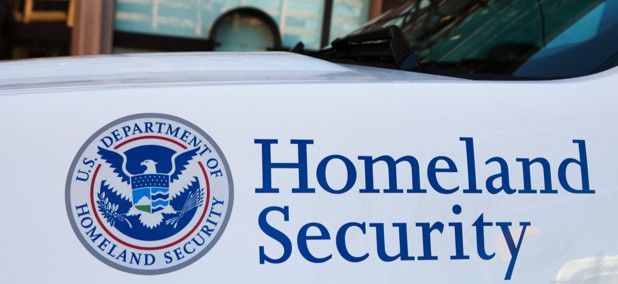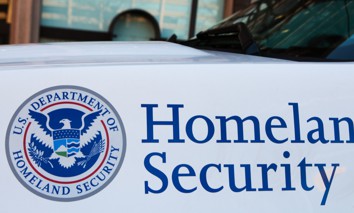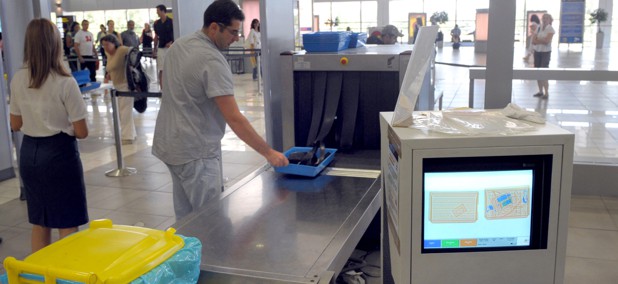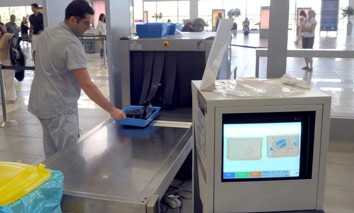Cybersecurity
Local Election Officials Can Get Free Election Auditing Software from the Feds
The open-source software is already being piloted in at least six states and officials say it can help authenticate results in 2020.
Cybersecurity
CISA Wants a Vulnerability Disclosure Program At Every Agency
The agency released a draft binding operational directive that would require all civilian agencies to receive and resolve vulnerabilities identified by public security researchers.
Modernization
After Two Years In Limbo, FEMA Cancels $250M IT Support Contract
The single-award contract was created to help the emergency management agency manage its IT. Now, that work will be spread across existing staff and contracts.
Digital Government
DHS Leadership Turnover Extends Beyond Secretary’s Office
The rotating cast of officials in top tech and cyber jobs could hinder the department’s ability to develop and execute a consistent digital strategy.
Cybersecurity
What to Expect from Congress’ Cyber Strategy Brain Trust
The Cyberspace Solarium Commission aims to have policy recommendations ready to plug into the next defense authorization bill, Co-Chairman Rep. Mike Gallagher said.
Cybersecurity
Too Many CISOs Delay Cyber Response, DHS Official Says
The overabundance of federal cybersecurity leaders is inhibiting the government’s ability to rapidly respond to threats, according to Mark Bristow.
Cybersecurity
DHS Silicon Valley Program Makes Two Awards for Digital Credentials Management
The department is working to digitize the process for issuing, verifying and managing credentials like travel documents and employment authorizations.
Cybersecurity
DHS Cyber Monitoring Program Is Shedding Light on Agencies’ Shadow IT
Before using tools provided under the Continuous Diagnostics and Mitigation program, agencies only knew about four of every seven devices that connected to their networks, according to program manager Kevin Cox.
Cybersecurity
CISA Wants Feedback on Its Vulnerability Assessments
The agency is looking to improve a program that lets critical infrastructure operators measure their digital security and see how they stack up against their counterparts.
Modernization
Can CBP Stand Up an Electronic Health Records System in 90 Days?
Lawmakers eager to see Customs and Border Protection digitize its health care system are pushing a bill that would give the agency three months to go from paper to electronic records.
Policy
Federal Lawmakers Push '.Gov' Web Addresses For Local Governments
A new U.S. Senate bill comes amid concerns that online criminals can “spoof” the public with fake government websites.
Emerging Tech
DHS Wants Self-Service Stations for Airport Security
The tech would allow passengers to screen themselves and skip lengthy lines at today’s security checkpoints.
Digital Government
Border Agents Can Now Get Classified Intelligence Information. Experts Call That Dangerous.
The Trump administration is creating a center that will give immigration agents access to information from U.S. intelligence agencies. Migrants and others denied entry will be unable to see the evidence against them because it is classified.
Ideas
Cybersecurity Awareness Month Wrap-up and Honoring Animal Heroes
Fix your cyber posture and honor patriotic pets.
Cybersecurity
House Committee Advances Bill to Expand DHS Cyber Monitoring Program
As state and local governments face rising cyber threats, the legislation would give them free access to the tools provided under the Continuous Diagnostics and Mitigation program.
Emerging Tech
Justice to Require DNA Sampling of Nearly All Detained Migrants
Once collected, the samples will be moved into the FBI’s massive DNA database.
Emerging Tech
Lawmaker: TSA Should Halt Facial Recognition Programs Absent Formal Policies
The agency said it is working on those policies while the technology is tested through pilot programs.
Emerging Tech
Border Patrol Agents Might Get Body Cameras to Record Interactions With the Public
The agency is also interested in learning how body cameras could be integrated with its facial recognition program.
Cybersecurity
Budgetary, Technical Hurdles Continue Hampering 2020 Election Security Prep
A Congressional field hearing in Illinois highlighted how far states and local jurisdictions have come since 2016, and how far they have to go.
Emerging Tech

